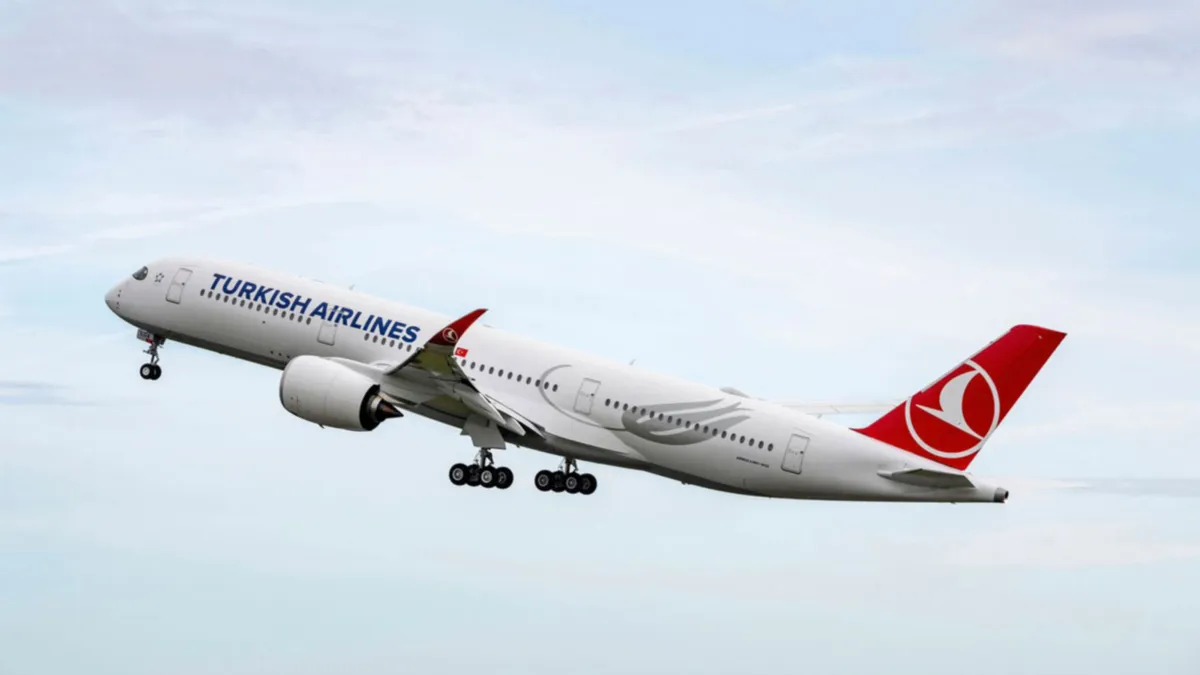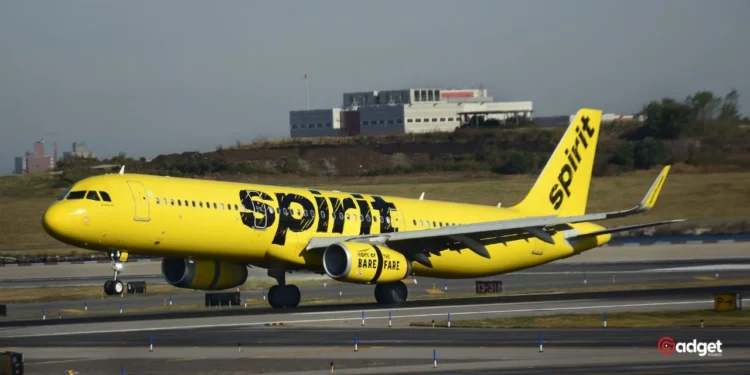In a definitive response to swirling bankruptcy rumors, Spirit Airlines has made it clear that capitulating to financial pressures is not on their agenda. At the company’s recent annual shareholders meeting, CEO Ted Christie emphatically dismissed the notion of a Chapter 11 bankruptcy, setting a determined course for the airline’s future. This assertion comes in the wake of the dissolved merger with JetBlue, a $3.8 billion initiative thwarted by antitrust interventions from the Justice Department—a decision that has significantly impacted investor sentiments and market dynamics.

The Fallout of a Failed Merger
March marked a pivotal moment for Spirit Airlines as their high-stakes merger with JetBlue was officially aborted. The termination, enforced by a federal judge siding with a Justice Department lawsuit, has cast a long shadow over Spirit’s operational and financial stability.
The merger’s collapse has not only raised questions about the airline’s strategic decisions but also about the broader implications for competition and service quality within the airline industry. As Ted Christie articulated at the shareholders meeting, the company views the airline industry as a ‘rigged game’, a perspective that reflects deep-seated challenges within the sector.
Financial Indicators and Market Reactions
In response to the ongoing operational hurdles and the failed merger, S&P has revised Spirit’s credit rating downward from CCC+ to CCC. This downgrade reflects the agency’s apprehensions about the airline’s ability to navigate its financial obligations without resorting to significant restructuring.
The rating agency anticipates a possible “distressed exchange” in the next 12 months, signaling tough times ahead for the airline. Despite these challenges, Spirit’s stock remained unchanged in recent trading sessions, although it has plummeted by 77% over the past year, underscoring the market’s shaky confidence in the airline’s financial health.

Looking Ahead: Spirit’s Strategic Maneuvers
Despite the market’s skepticism and the looming shadow of financial restructuring, Spirit Airlines is charting a path laden with strategic adjustments. One of the immediate challenges includes dealing with operational delays caused by engine part delivery issues. These operational snags necessitate a recalibration of resource allocation and financial planning, crucial for the airline to steer clear of further financial distress.
Navigating Turbulence: Spirit Airlines’ Defiant Vision
Spirit Airlines stands at a critical juncture, with its leadership vehemently denying bankruptcy rumors and outlining a vision that diverges from the anticipated path of financial downfall. The road ahead is undoubtedly fraught with challenges, both from operational hurdles and market pressures.
However, Spirit’s resolve to navigate through these turbulent times reflects a strategic defiance that might just redefine its trajectory in the highly competitive airline industry. As the airline continues to adapt and recalibrate, the industry at large watches closely, anticipating the potential ripple effects of Spirit’s strategies on the broader market dynamics.

This unfolding narrative not only highlights the resilience and strategic acumen of Spirit Airlines but also casts a spotlight on the volatile nature of the airline industry, where market sentiments and strategic decisions interplay closely to shape the futures of key players.










